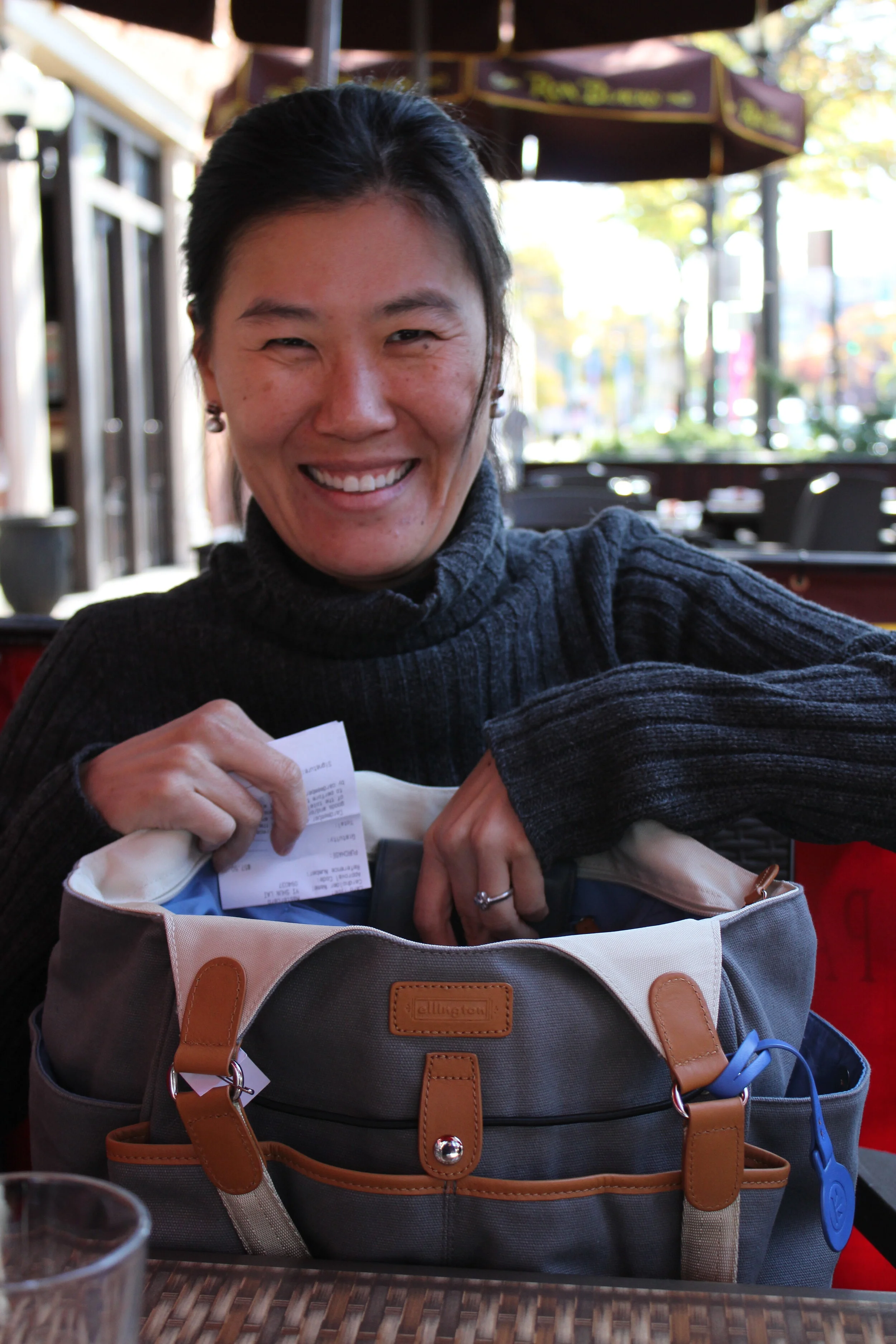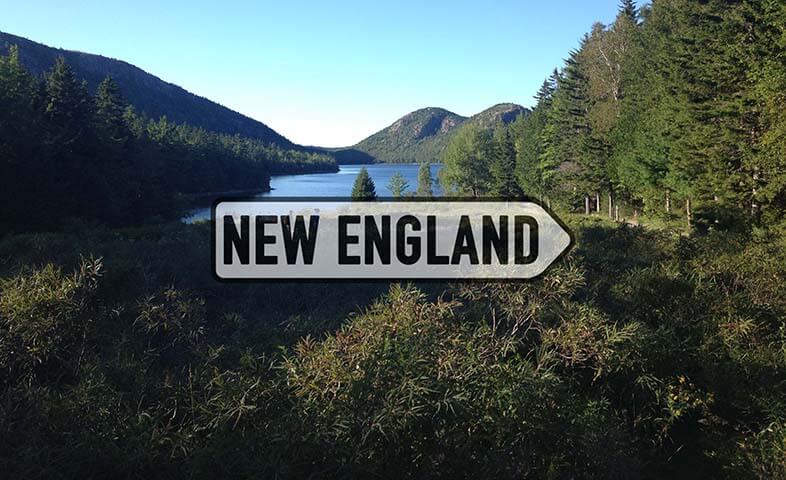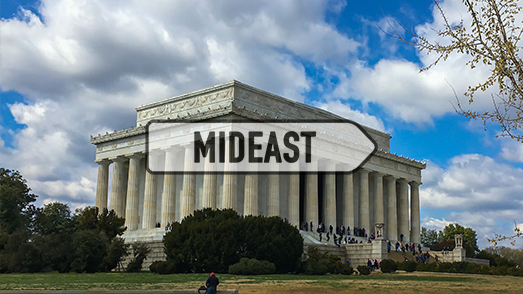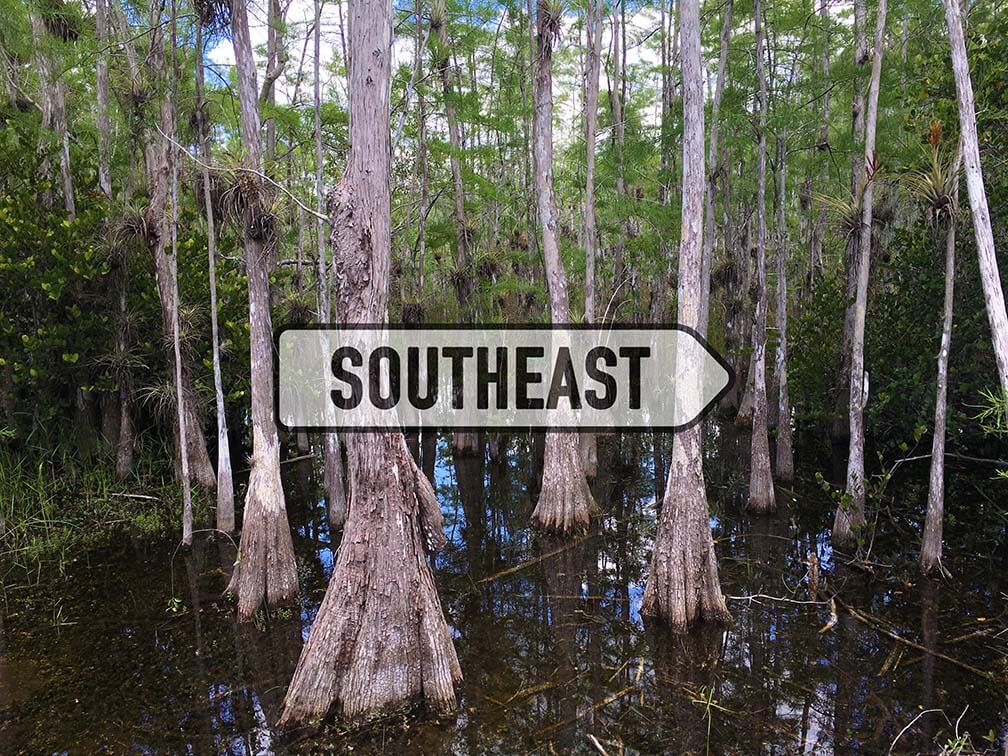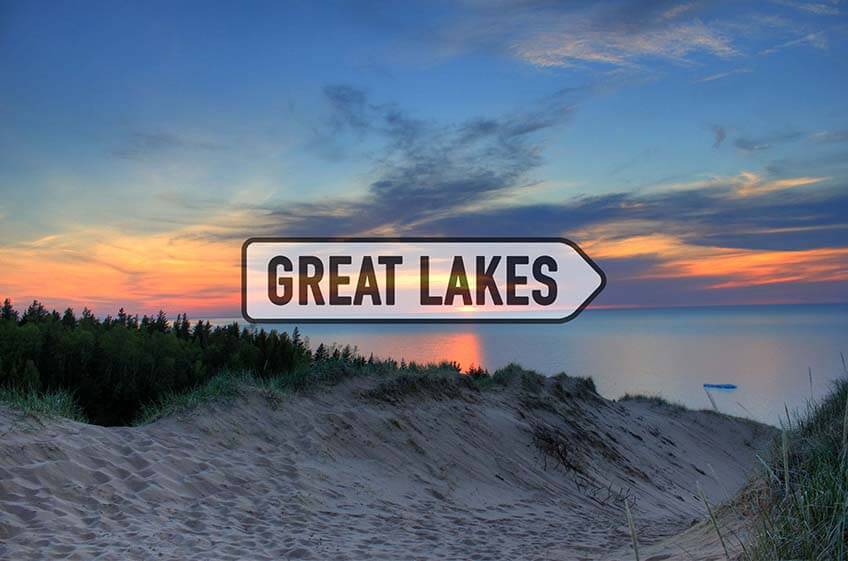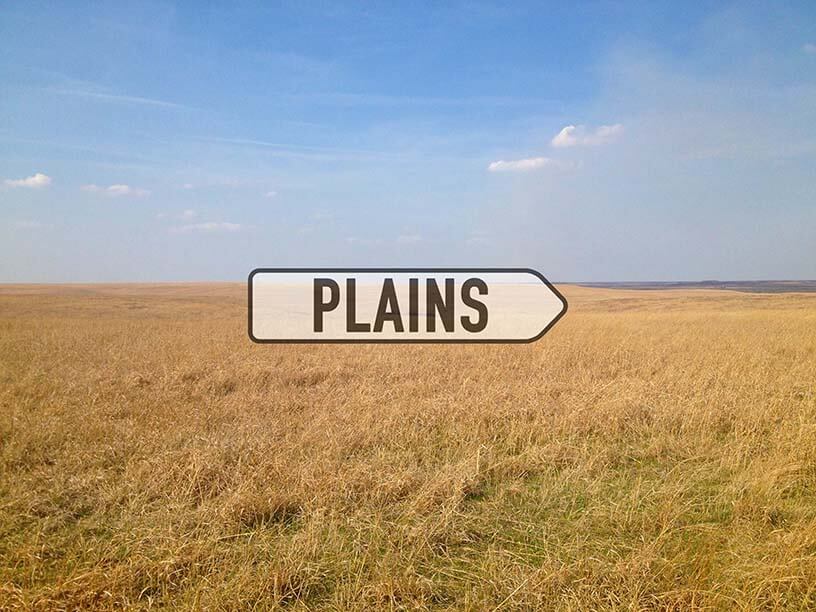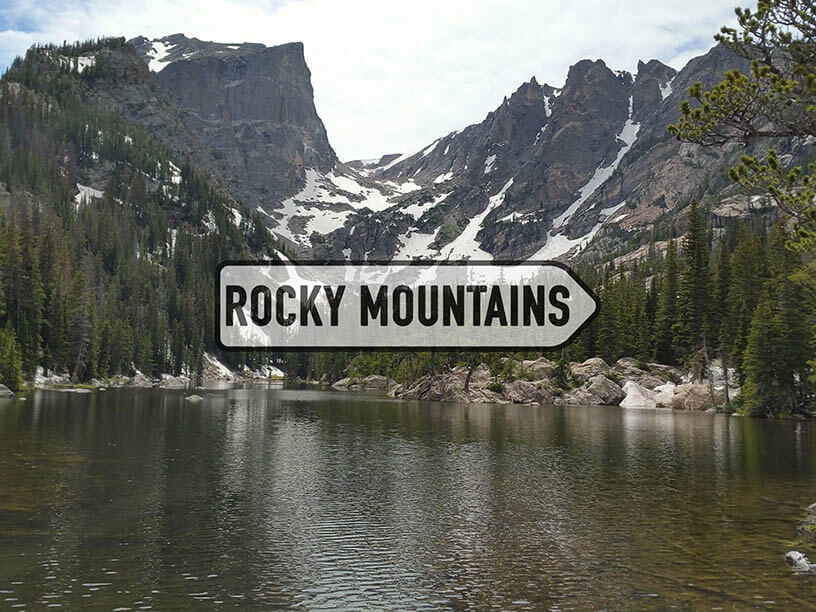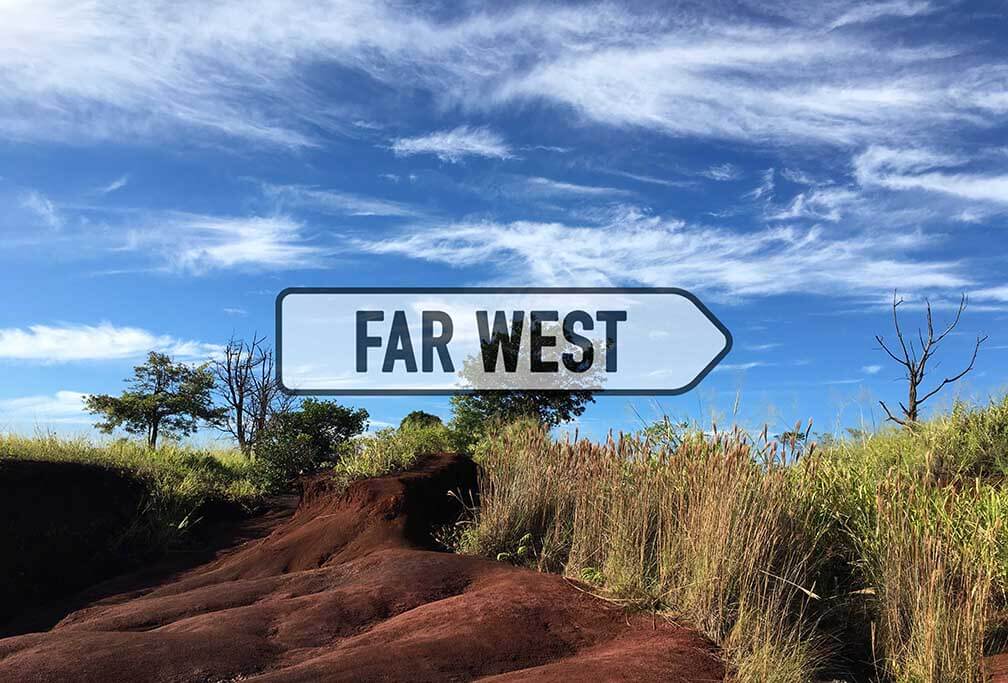An Interview with Yi Shun Lai, Author of Pin Ups
Yi Shun Lai won second-place in our 2017 essay contest for "Birthright," an essay described by contest judge Melissa Faliveno as "an examination of citizenship, belonging, and home,” where the narrator “exists between two homes and cultures—the desert of California and her native Taiwan—and wrestles with the privilege of citizenry, access to public spaces, and what it means to be 'American.'"
In her new book, Pin Ups, Lai similarly delves into the complexity of feelings of belonging, this time retracing her desire to be embodied in the outdoors, and questioning why that has created uncertainty and conflict about inhabiting the culture of wilderness and adventure as an Asian-American woman. Ruby McConnell writes, "Yi Shun Lai takes an honest, introspective look at the challenges and barriers, race and class in particular, that women face in building a relationship to the outdoors {...} Ultimately, her message is simple. “You are welcome here.”
Pin Ups inspired us to want to chat with Yi Shun about how notions of belonging in the outdoors form and take root, what we can do to further prioritize diversity, equity and inclusion in wilderness culture, and how we can work against the implicit biases that accompany us into those outdoor spaces, when they arise. Our interview follows a brief excerpt of the book, below.
Photo by Kate Schafer Testerman.
There are lots of ways to be a token. An inspiration. A pioneer, an explorer, a woman in this world. When I read about or see Black women hiking the Appalachian Trail alone, or when I talk to my Latina friend about the three weeks she spent alone in Gettysburg for a writer’s residency, I feel a deep sense of gratitude. But I am also keenly aware that they are not doing it for me. They have done this thing for themselves. They have made the decision I am not able to come to yet: That this mountain vista, or that clear lake, this experience of having done this thing you have always wanted to do, is worth potential bodily harm. It is worth having to walk past a landscape peppered with Confederate flags. It is worth having to smile weakly at that old hoary nut: “Well! Don’t see many of you around!” What these women carry around with them is conviction. This I lack, in spades, when it comes to my place in the outdoors life. I have a long way to go, yet.
Yi Shun Lai is the Features Editor at Undomesticated Magazine. She is a columnist for The Writer magazine and teaches in the MFA programs at Bay Path and Southern New Hampshire Universities. Look for Pin Ups here.
P&P: Where did you first originate the inspiration for Pin Ups?
YSL: This book is such a long time in the making. I’ve first started exploring my relationship to the outdoors and exercise in general out loud years ago, with some close friends in a joint training blog we used to keep together. Slowly, just speaking about it more with other friends. Two or three years ago, I really started asking myself why I felt so torn up by it, and when I finally sat down to write, I couldn’t stop. There’s a theory out there that says your brain doesn’t hand you something to work on until it feels like you have all the pieces; that you’re ready for it. I think that’s what happened with Pin Ups.
I've had a really complicated relationship with the outdoors for as long as I can remember. When I went into it I never really felt like I belonged, and I also wasn't encouraged to seek it out. My parents took me on skiing trips and encouraged me to play tennis, but those were more social gatherings, things we did because it was what my dad’s doctor friends were also doing. They didn’t like the idea of me going into the woods, or riding a bicycle. I don’t remember them ever coming to a track meet or anything. These things didn’t fall into the parameters of being a “good girl,” but I wanted to fit in. Team sports was one way to do it; being “cool” and fitting into the general zeitgeist of the outdoors California lifestyle was another. This book, like a great many essays, is less inspiration and more trying to puzzle out this conflict within me.
P&P: How did the writing process for the book differ or evolve in comparison to your approach to other books you have written?
YSL: For my novel, Not a Self-Help Book: The Misadventures of Marty Wu [Shade Mountain Press, 2016], about a young Asian American woman’s coming of age,I plotted. I had index cards up on my wall, scene by scene, which I gradually checked off my list until I felt like I had a complete narrative arc. For this book, I had to shake the tree, see what came falling out, and then go around looking for then, um, nuts that made the most sense to me. In those early stages, I placed very few limitations on myself. Since it was a random occurrence (my friend Erik’s solo trip down the Mississippi river and my feeling envious over it) that kicked off my thought process about where I felt I belonged and why, it wouldn’t do me much good to go into the writing of the book with a pre-determined structure or even list of issues I wanted to address. Let's pull at that thread, and see where it leads me.
P&P: What impressions were you left with, about your own experience, in the aftermath of writing Pin Ups?
YSL: I was relieved to find out that the book--the writing of it, and its publishing--left me with a sense of reconciliation. I understand now more of my complex relationship with the outdoors. I get that I'm a product of my own drive and curiosity; the culture that surrounded me in my home and in my home culture of Taiwan; and finally, the cultural smog I grew up breathing as an Asian-American. I felt restless before, like these things were always creating conflict within me,, but now I feel more resolved, clearer about why I feel the way I do about the American outdoors.
P&P. Where do you feel that impressions of who the outdoors belong to, and what outdoor spaces are for, first originate?
YSL: Two immediately obvious places come to mind: First, the media. And by this, I mean everything from editorial work to the marketing world at large. When I was coming of age--and even now--white people dominated the power structure in storytelling, and in the images we consume. The catalogs of the companies from whom I bought my outdoors gear featured only white people that I can recall (this is changing now). If there were commercials on the television for anything from ski resorts to running shoes they featured white people. The magazines about the outdoors I read, from Bicycling to Ski to Powder to Surfing to Outside, were mostly staffed by white people. So we have the impression that this is where white people belong; that white people are the norm and that anything else is weird.
Second, and this is something I'm still researching to try to get to bottom of, we don't have a very good grasp on how to make our public lands more inclusive. They're not great on accessibility. Inclusivity for deaf or blind or disabled people isn't top of mind. And if you look at our National Parks, they often require driving long miles to get to. They often require cars to navigate once you get there. Signage is often posted only in English.
Finally—and this is the hardest to get a grip on, to speak about in quantifiable terms—there's a certain "feel" around national parks and public lands that doesn't always feel like it's welcoming to everyone. This could be as simple to explain as a combination of the media and the accessibility concerns that I mention above. But what has been proven over and over again is that the numbers of people who spend time in the outdoors, who truly feel like their public lands belong to them, skew white, upper middle class.
And then there's the John Muir thing. But I'm bored with both the argument that he was a product of his times and with the fact that we're hung up on his wrong-headed way of thinking. We need to, as you point out in the next question, be thinking more broadly than just rectifying our wrongs.
P&P: How can we subvert those when we need to? When we think about how identity and the outdoors are connected, what do you feel are some of the conversations we need to be having right now?
YSL: I'd like the outdoors industry to take a long, hard look at itself. I worry that major corporations who say they're working to diversify the outdoors only said so because they had to. I worry about the slow pace of change. I can tell you from first-hand experience that some major retailers are still not willing to put real money behind inclusion initiatives. Right after the first hard push, in June, things seemed to go very quiet. And I can tell you also that this is like turning a battleship.
What I'd really like for folks to do, right now, is this: Take a look at your personal group of friends, the ones you experience the outdoors with. Are any of them different from you, different enough to be able to share their version of the outdoors with you? Do you have disabled friends you can experience the outdoors with, or even talk about the outdoors with? No? Why not? If so, and you have made space for people who are different from you in your life, whether it's a difference in educational background or ethnicity or disability, are you making time for them in your calendar? When you experience the outdoors, are you doing so with friends who don't look like you?
The other thing we can do is support groups like Outdoor Asian, Latino Outdoors, and Outdoor Afro. Fat Girls Hiking and Outdoors for All are two other groups I'm keeping track of.
I also want people to notice the lack of diversity in the outdoors, and to start questioning why. And if, in the act of asking yourself why, you begin to feel a little defensive, I'd like to hear you asking yourself why you might be feeling defensive.
These are all good places to start.

